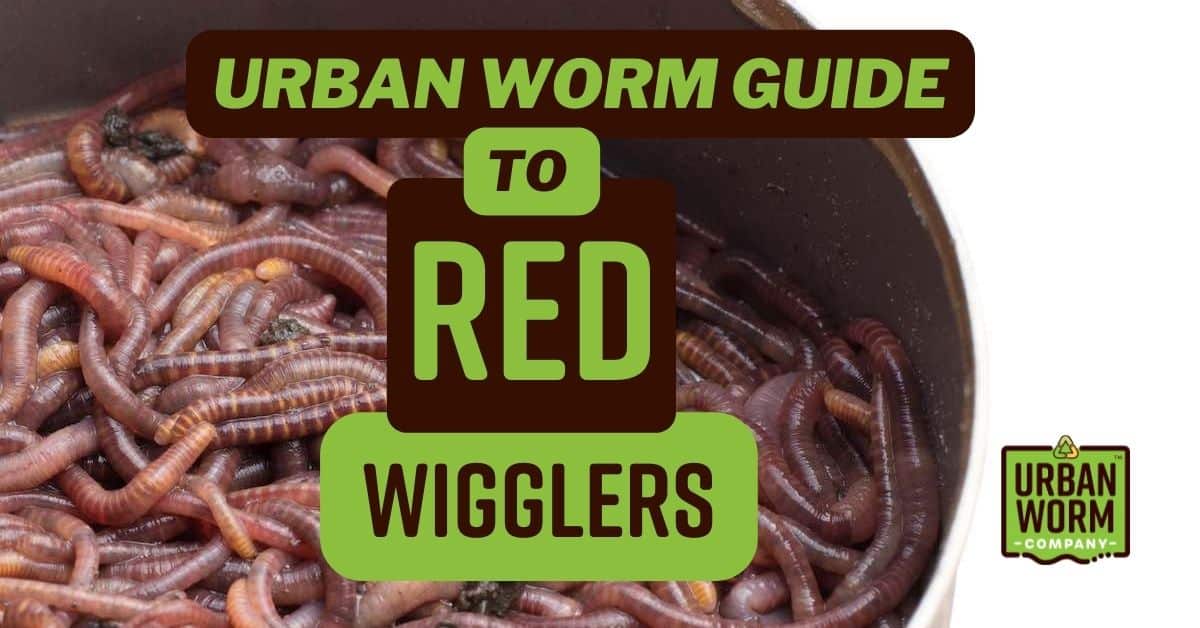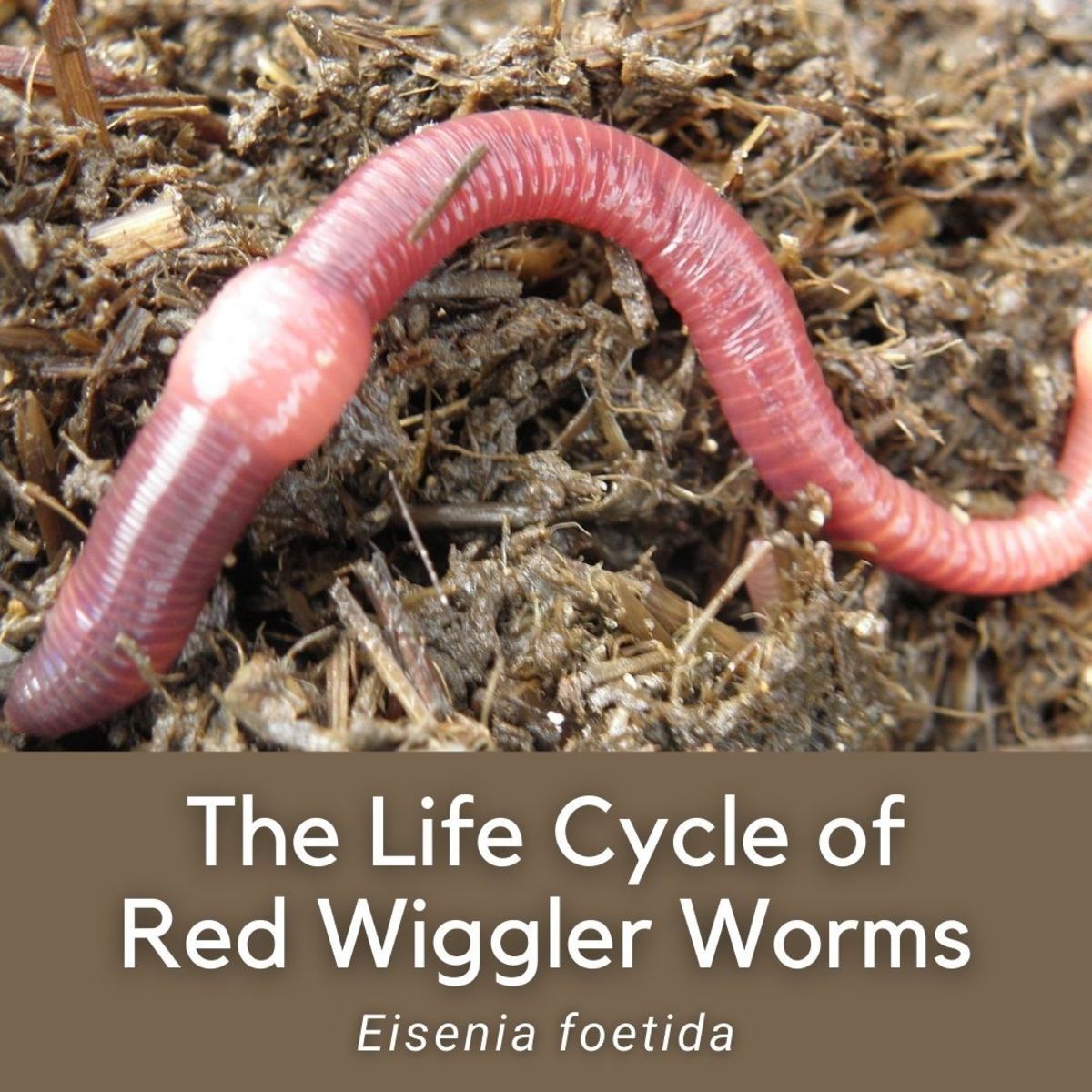Get Red Wiggler Worms - Suitable for Composting and Horticulture
Red Wiggler Worms Demystified: Unlocking the Secrets of Vermiculture for Greener Living and Nutrient-Rich Dirt
In the realm of lasting methods for improving dirt top quality and promoting eco-conscious living, red wiggler worms play a critical yet commonly overlooked function. Red Wiggler Worms. Understanding the complexities of caring for these worms, optimizing their atmosphere, and harnessing their castings can lead to a greener way of living and healthier dirt for plants to prosper.
The Role of Red Wiggler Worms
Red Wiggler worms play a crucial duty in composting systems by successfully damaging down natural issue right into nutrient-rich castings. These starved eaters consume a range of organic products, such as cooking area scraps, backyard waste, and paper items. As they feed, the worms' digestive system procedures break down the raw material right into a fine, dark, and nutrient-dense product recognized as worm castings or vermicompost.
The spreadings generated by Red Wiggler worms are very valuable for soil health and wellness and plant development. They are abundant in important nutrients like nitrogen, potassium, and phosphorus, which are important for supporting healthy and balanced plant advancement. Furthermore, worm castings consist of helpful microorganisms and enzymes that assist improve dirt structure, boost water retention, and enhance nutrient uptake by plants.
Advantages of Vermicomposting

It enhances soil framework, enhances dirt oygenation, and enhances soil wetness retention. Vermicompost likewise enriches the dirt with important nutrients like nitrogen, potassium, and phosphorus, advertising plant growth and overall dirt fertility.
Additionally, vermicomposting assistances lasting horticulture techniques by giving a chemical-free and all-natural option to artificial plant foods. Red Wiggler Worms. This eco-friendly approach not only enriches the soil however additionally assists decrease reliance on hazardous chemicals, advertising a greener and extra sustainable means of horticulture
Establishing Up a Worm Container
When developing a worm bin for vermicomposting, appropriate setup is crucial to guarantee the success of the composting process. The first step in setting up a worm bin is picking an appropriate container. This can be a plastic bin or wooden box that supplies enough space for the worms to move and has correct drainage holes to stop waterlogging. Next, a bed linens material such as shredded newspaper, cardboard, or coconut coir must be included to the bin. This bed linens offers a comfy environment for the worms and helps preserve moisture levels.
After adding the bedding, introduce the red wiggler worms to the container. It is recommended to begin with a handful of worms and progressively boost as they multiply. The worms should after that be offered with food scraps such as fruit and veggie peels, coffee grounds, and eggshells. It is necessary to avoid including meat, milk, oily, or salty foods to avoid bring in pests and producing undesirable smells.
Routinely check the moisture degrees and temperature level in the worm bin to make certain optimum problems for the worms. With correct configuration and maintenance, the worm bin will effectively transform organic waste right into nutrient-rich compost for your plants and yard.
Gathering Worm Castings
To efficiently collect nutrient-rich worm castings from your vermicomposting system, a methodical harvesting approach is Web Site important. There are a few essential steps to follow to make certain a successful process when it comes time to gather the worm castings. First of all, stop including fresh food scraps away of the worm container for a number of weeks prior to harvesting. This motivates the worms to migrate sideways with fresh bed linens and food, making it less complicated to scoop out the spreadings from the other side.

Troubleshooting Common Issues
Recognizing and dealing with common challenges that may emerge throughout the vermicomposting procedure is important for keeping a effective and healthy worm bin. Adding excess food scraps can lead to a buildup of moisture and level of acidity in the worm container, potentially harming the worms. Another concern is unpleasant smells rising from the worm container.
Additionally, if the worm population is declining or the worms show up unhealthy, it could be due to ecological stress factors such as severe temperatures or pH degrees. Keeping track of these elements and making required modifications is vital for the health of the worms. By fixing these typical concerns immediately, vermicomposters can make certain a smooth and successful vermicomposting procedure while keeping a thriving worm population.

Conclusion
In conclusion, red wiggler worms play a crucial function view publisher site in vermiculture by damaging down organic matter right into nutrient-rich soil. Establishing up a worm container is important for effective vermiculture, and collecting worm castings supplies valuable garden compost for helpful site horticulture.
As they feed, the worms' gastrointestinal procedures damage down the organic matter into a penalty, dark, and nutrient-dense product understood as worm castings or vermicompost.
The spreadings created by Red Wiggler worms are highly valuable for dirt health and wellness and plant growth. Including excess food scraps can lead to an accumulation of dampness and level of acidity in the worm container, possibly damaging the worms.Additionally, if the worm population is declining or the worms appear harmful, it could be due to environmental stress factors such as severe temperatures or pH levels. Establishing up a worm container is crucial for successful vermiculture, and gathering worm castings offers beneficial garden compost for gardening.